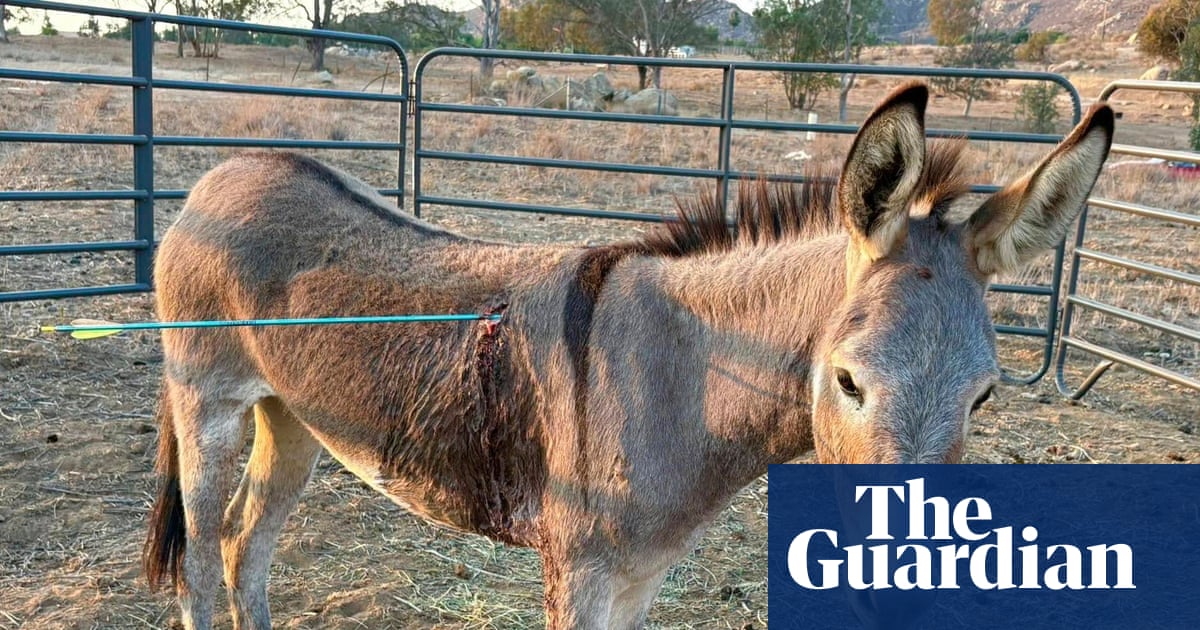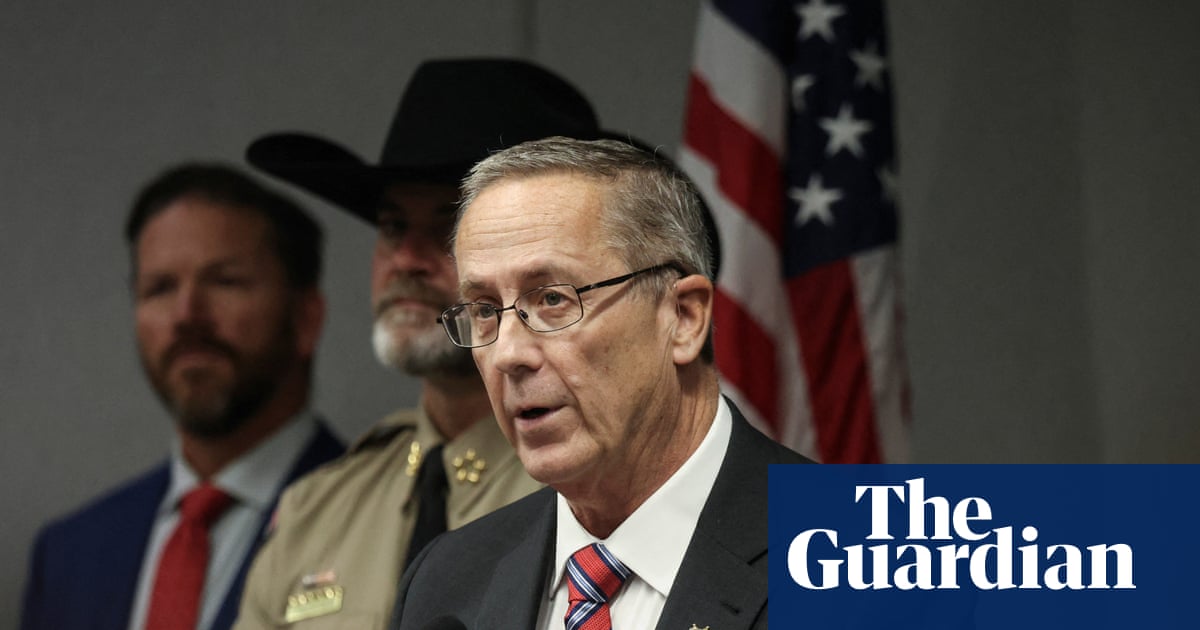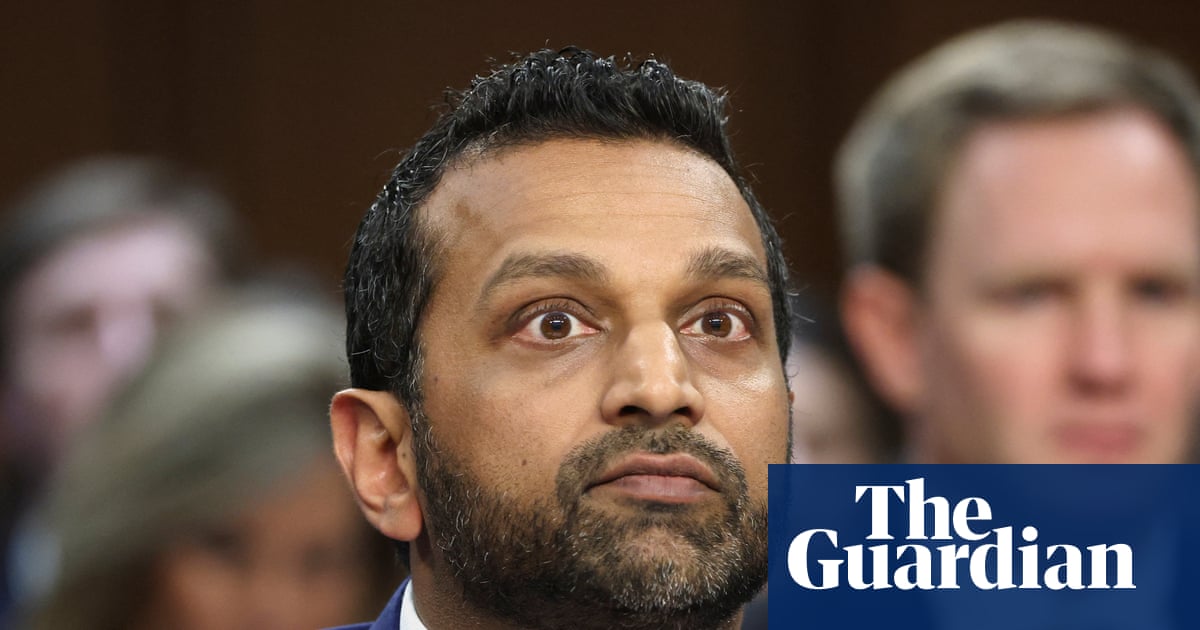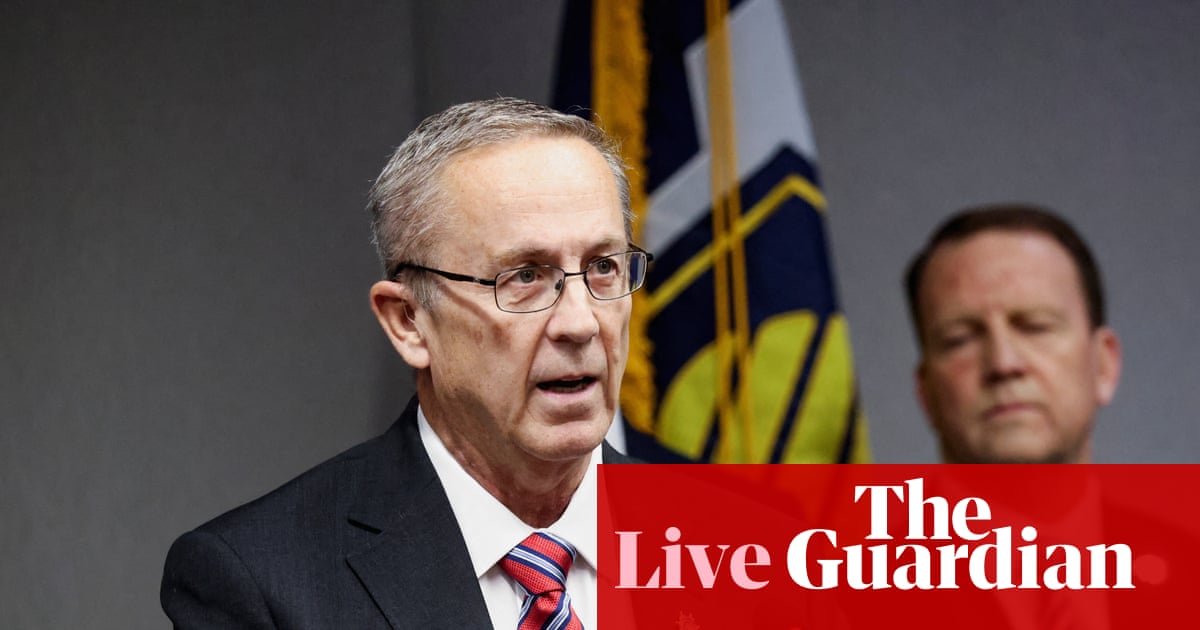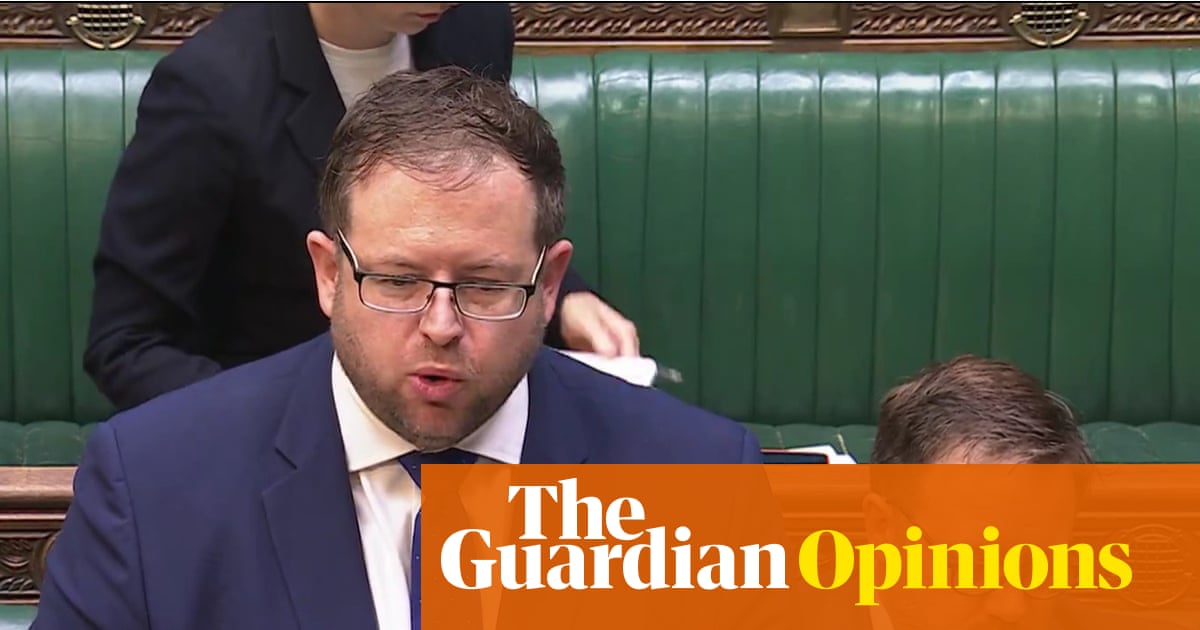The misuse of non-disclosure and confidentiality agreements in the music industry to silence victims of harassment and abuse is a “major concern”, which should be banned immediately in order to tackle the sector’s “culture of misogyny”, a new government report recommends.
Misogyny in Music: On Repeat is the third such report by the women and equalities committee. Its predecessor, published in January 2024, found that women working in the sector faced misogyny and discrimination, with rife sexual harassment and abuse, to which the industry’s many self-employed practitioners were more vulnerable.
Despite music industry support for the report, the previous Conservative government declined to implement any of its recommendations. In September 2024, the Labour party conference passed a motion calling on the government to implement the committee’s report in full.
On publication of the latest report, a government spokesperson told the Guardian: “The music industry must be free of misogyny and discrimination and NDAs should not be misused to silence victims. We are actively looking at all options for further reform of NDAs.”
In the year since the previous report, the committee, led by Labour MP Sarah Owen, said that little had changed from its previous characterisation of the culture of the British music industry as a “boys’ club”.
Hearing evidence from pop-soul artist Celeste and the classical soprano Lucy Cox, along with representatives from the organisations Black Lives in Music and the Musicians’ Union, it found barriers including unequal pay, ageism and unequal responsibility for childcare duties; harassment, particularly for LGBTQ+ women, women of colour and disabled women.
It established that women reported mistreatment at low rates because of fear of retaliation. Musicians’ Union data showed that despite 51% of women in the sector experiencing gender discrimination and 47% of women of colour experiencing racism, only 11% and 8% respectively reported their allegations.
Secretary Naomi Pohl told the committee that even initiatives designed to protect women within the sector “still exist within a system that doesn’t prioritise women’s safety and none of the organisations have the power to change that culture”.
“The need for government intervention is clear,” the committee said. “There remains an overwhelming case for the government to implement the measures set out in our predecessors’ report, and the updated recommendations set out in this report.” It stressed that their recommendations would also benefit women working across all sectors.
The committee once again backed the proposed Creative Industries Independent Standards Authority (CIISA), a non-statutory standards authority designed “to improve standards of behaviour across the creative industries and to prevent and tackle all forms of bullying and harassment”.
CIISA chair Jen Smith said that the authority would benefit victims as well as smaller employers seeking advice on how to deal with issues such as implementing investigations procedures.
Additionally it stressed that female and gender non-conforming freelancers within the music industry were additionally vulnerable, and not sufficiently protected by the employment rights bill despite proposing stronger protections from third-party harassment. The committee called on the government to amend the Equality Act and the Employment Rights bill to ensure their safety.
The committee stressed that parents and carers also faced unique challenges, especially when those responsibilities intersected with freelance employment and late and unpredictable working hours, and called for the government to align maternity allowance with statutory maternity pay to facilitate greater flexibility during leave.
Soprano Lucy Cox told the committee: “In the very first audition I did, I was told that I would need to wait for somebody to become pregnant or die in order to start getting any work as a classical singer.”
She described “a feeling that you have ended your job by having a child”: after having a baby, longer tours became unviable owing to the cost of travelling with her husband, yet committing to the tours remained essential to “maintain my foothold because … if you do not do the work then somebody else might well do it, and then you might not get invited back.”
Dr Charisse Beaumont, CEO of Black Lives in Music, expressed her impatience with a lack of decisive progress on the issues. “We need the government to get involved,” she told the committee. “We do not need any more reports. We need the [previous committee’s] report to be actioned.”
After the publication of the report, Deborah Annetts, chief executive of the Independent Society of Musicians who gave evidence in the hearings, also called for action. “It’s to the previous government’s shame that it rejected all the recommendations of the first report,” she said. “This government must not make the same mistake … [and must] make the sector safer.”

.png) 3 months ago
44
3 months ago
44
